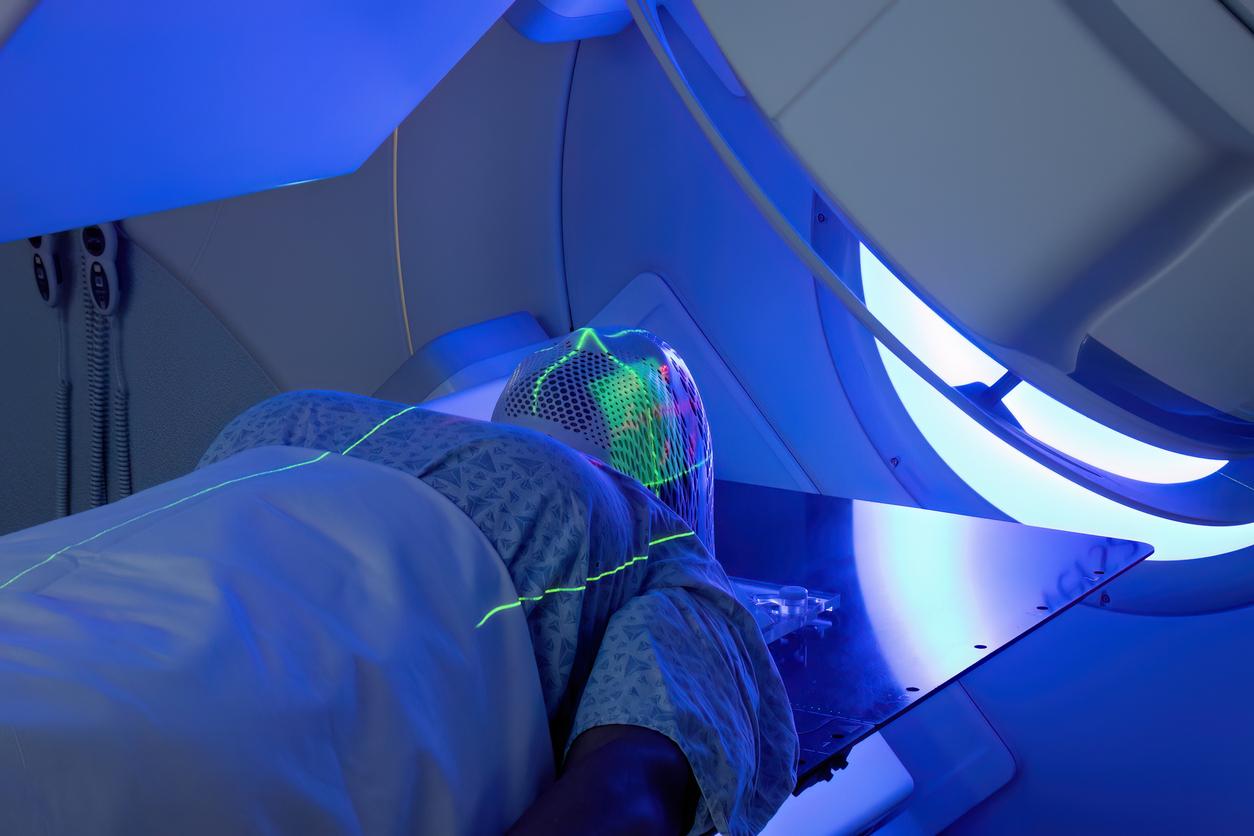
May 18, 2010 – Whether it’s surgery, radiation, or hormone therapy, treatments for prostate cancer can have long-lasting effects on men’s erectile and urinary function. But no treatment would have a marked effect on their overall quality of life, recent study finds1 American.
The results show that cancer treatments do not appear to have significant effects on pain, energy level, emotional well-being, and daily activities, such as walking, climbing stairs, or lifting objects.
To reach this conclusion, the researchers analyzed, through questionnaires, the quality of life of 1,269 Americans with early-stage prostate cancer, during the 4 years following their treatment.
Treatments for prostate cancer
The majority of participants (60%) had undergone a prostatectomy, either partial or total removal of the prostate. Seventeen percent had had brachytherapy, a form of radiation therapy that involves putting radioactive substances into the prostate.
Twelve percent of the participants had been treated with radiation therapy, a treatment in which cancer cells are destroyed by external electromagnetic radiation.
|
What to think about screening for prostate cancer? Read our doctor’s opinion on this subject: www.passeportsante.net. |
Five percent had undergone hormone therapy that aims to deliver drugs that stop androgenic hormones from nourishing cancer cells. Finally, 6% of the participants had had a treatment combining radiotherapy and brachytherapy.
Erectile dysfunction and incontinence
It is well established that these 5 treatments cause erectile dysfunction, while prostatectomy, radiotherapy and brachytherapy often result in incontinence.
But little was known about the long-term effects of these treatments on the quality of life of people suffering from prostate cancer, a disease that afflicts approximately 25,000 Canadians annually, including the 5e died.
The researchers noted that people who underwent brachytherapy, combination therapy and prostatectomy saw their urinary problems worsen during the 1time year. These problems and annoyances subsided the following year, allowing participants to return to quality of life close to the level before treatment.
Like other studies, researchers found that all 5 treatments caused erection problems during the 1time year, especially in those who have had an ablation. However, they were the only ones to note a decrease in their symptoms during the 2e year to reach a level comparable to the other participants after 4 years.
Although erectile dysfunction is common, the results of the study show that patients adapt to this reality and that in the long term, their quality of life would not be affected.
Thus, although the treatments have negative impacts on sexual and urinary functions, they would not have significant long-term effects on the feeling of general well-being of the patients, conclude the researchers. They believe their study could help patients and doctors when it comes to choosing a treatment for cancer.
Louis Gagné – PasseportSanté.net
1 Huang, GJ, Sadetsky N et al. Health related quality of life for men treated for localized prostate cancer with long-term followup, J Urol. 2010 Jun; 183 (6): 2206-12.

















